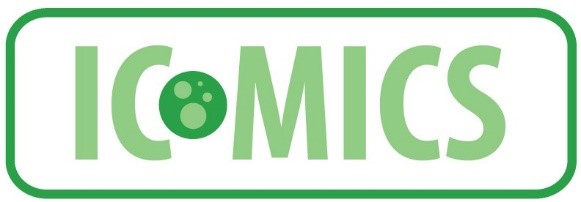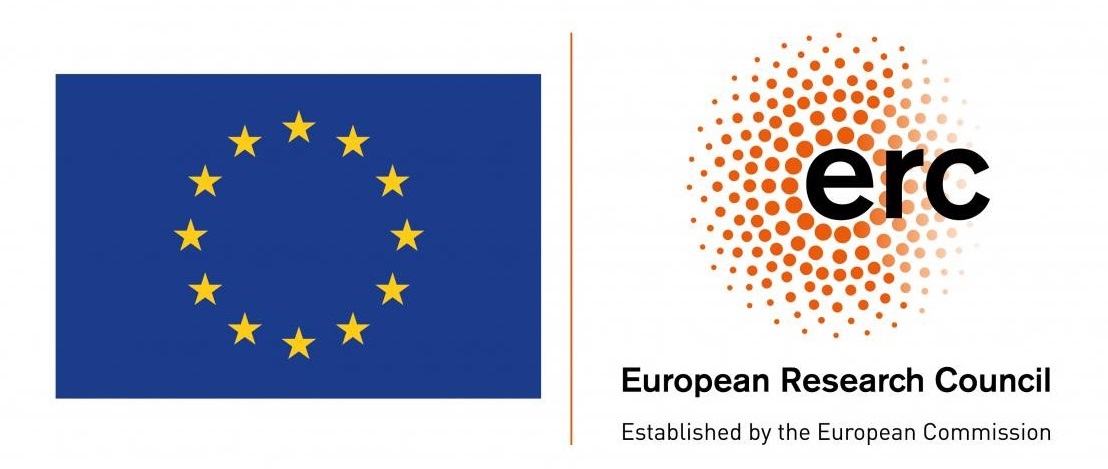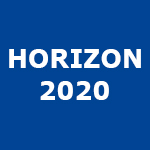Responsable
Fecha inicio
Fecha fin
Grupo
División

ICoMICS aims to develop a novel virtual simulation platform to investigate how therapeutic immune cells (TICs) detect, move and interact with cancer cells and the tumour microenvironment. This platform is based on two fundamental pillars: the fabrication of tumour organoids (miniature organs of solid tumours developed in the laboratory) and computer simulations of the behaviour of the cell population, which will be combined using artificial intelligence techniques.
Specifically, the aim is to characterise CART immunotherapy, which involves re-engineering the immune system's own cells to attack cancer. Tumour cells express receptors on their membranes. T-lymphocytes or T-cells are modified to kill the specific receptors on the tumour cells. This technique works very well for leukaemias, but not for solid tumours. ICoMiCS aims to advance understanding of why it does not work in these cases and to gain greater control over the behaviour of CART cells. All research will be applied to three solid tumours with high clinical impact: lung, liver and pancreas. ICoMICS will provide an ideal virtual research platform to recreate the microenvironment of solid tumours and test the effectiveness of different immunotherapy strategies.
There are many novel and high-potential aspects of ICoMICS, including firstly, the design and manufacture of biobots (robots made of cells) made up of immune system cells to attack tumours, and secondly, the development of a new line of work called mechano-immunotherapy, which aims to advance a better understanding of how mechanical forces regulate the effect and efficacy of different immunotherapy strategies.

